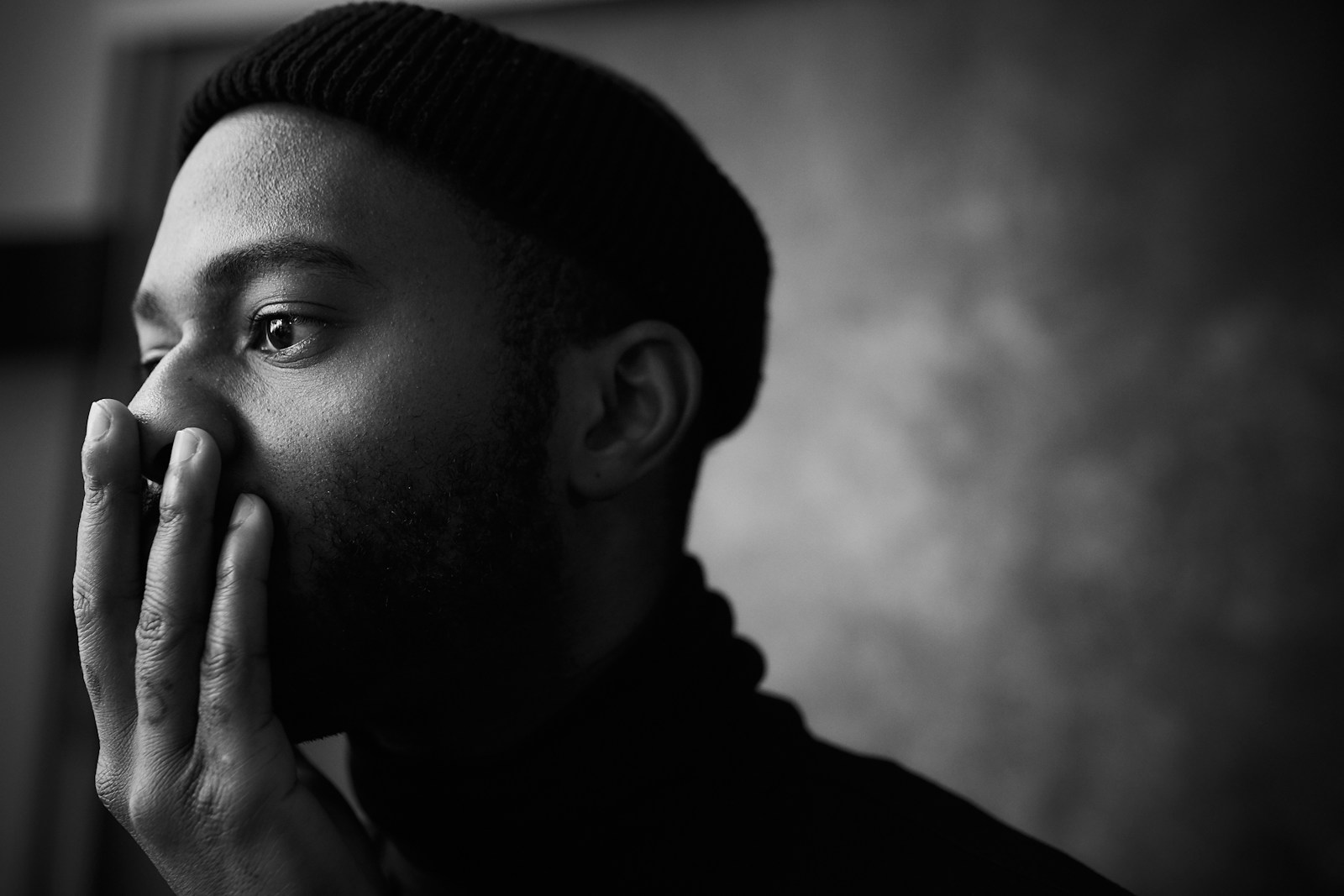
Photograph by Darius Bashar via Unsplash
The demon is a liar
Not sure the devil is behind every lie, but to lie is to break one of the Ten Commandments: “You shall not bear false witness against your neighbor.” (Exodus 20:16). The Commandments come from a day of moral absolutes. That is, all lies are always wrong. About half a century ago, American Anglican theologian Joseph F. Fletcher objected to moral absolutism and instead interpreted ethics in light of their situation. He named this “situation ethics” in his book “Situation Ethics: The New Morality” (1966). Rather than accept a norm that declares that a law is always wrong, “Fletcher based situation ethics on the general Christian norm of brotherly love, which is expressed in different ways in different situations.” Instead of an absolute, interpret the ethic by Jesus’ Golden Rule, or by his Two Great Commandments:
- “Do to others as you would have them do to you.” (Luke 6:31)
- “‘You shall love the Lord your God with all your heart and with all your soul and with all your mind.’ This is the greatest and first commandment. And a second is like it: ‘You shall love your neighbor as yourself.’ On these two commandments hang all the Law and the Prophets.” (Matthew 22:37-40)
Lying is wrong, whether it violates the Commandment from Exodus, the Golden Rule, or the Two Great Commandments. Think of people you know who lie. Think of professions that hold the record for the least trustworthiness and esteem. We’ve always suspected that certain professions are inclined to lie. What is new is that Americans today place less trust in just about every profession. Americans’ ratings of nearly all 23 professions measured in Gallup’s 2023 Honesty and Ethics poll are lower than they have been in recent years. For example, when asked how they would rate the honesty and ethical standards of people in these different fields, people said they trusted:
- Medical doctors, 56% (down from 65% in 2019)
- Police officers, 45% (down from 54% in 2019)
- Clergy, 32% (down from 40% in 2019)
- Journalists, 19% (down from 28% in 2019)
- Lawyers, 16%
- Car sales representatives, 8%
Who ranks at the very bottom of the barrel?
- Senators, 8%
- Members of Congress, 6%
This is astounding. According to Americans, the lowest professions in terms of honesty and ethics are the very people who make our laws and govern us. This says that most people expect members of Congress to lie. To lie is wrong and can be the face and voice of evil. And when we hear the lies of some, we wonder if we are hearing the demon who is a liar.
It falls upon the listener to be able to discern truth from lies – to listen as a critical thinker.
It falls upon the listener to be able to discern truth from lies – to listen as a critical thinker. Listen evaluatively to the words. Weigh thoughtfully what is actually being said or not said. You and I are needed, perhaps more than any time in our memory, to become advocates for, champions of, teachers of, and practitioners of critical thinking and evaluative listening. When you are listening to anyone who might be inclined to lie, consider this checklist for critical thinking and listening:
__ Can I question their answers objectively, probing, analyzing, and evaluating what they say? Or am I likely to accept their information at face value in a non-evaluating way?
__ Whose interests do they have at heart?
__ How does their information square with other credible sources of information? Can I consult a second or third source to help take my bearings with greater accuracy?
__ What sources of information do I trust to be most credible and honest? Why? Have I ever considered opposing points of view?
__ Can I hold a healthy skepticism about surveys, polls, and statistics, realizing how data can be manipulated or taken out of context? A survey or poll could be found to support almost any position. Do I allow myself to be too easily swayed by surveys, polls, and statistics?
__ Can I be reflective enough to realize that I cannot rest upon what I’m told? Galileo was excommunicated for challenging the Church’s view that the sun, planets and stars revolved around the earth, but he was correct and they were not.
__ Do I, like a detective, look for what is not said or is not there? Do I ask about the data I receive, “What is not being said?”
__ Am I able to receive anecdotes with a grain of salt? Can I analyze information beyond what a handful of my friends say, which may not be an accurate representation of the population? Critical thinking refrains from making judgments about what “people are saying” or “everyone is talking about…” One popular politician is well-known for his phrases like “everybody knows” or “people all say” or “everyone agrees,” but without any evidence.
__ Do I test my opinions with other people and welcome corrections, suggestions, and constructive criticism? Am I open to learning, growing, and changing my mind? Marcus Aurelius wrote “If any man is able to convince me and show me that I do not think or act right, I will gladly change; for I seek the truth by which no man was ever injured. But he is injured who abides in his error and ignorance.”
__ Do I ask “why?” The word “why” is the most powerful tool in critical thinking’s mental toolbox – out of curiosity, to know more, to understand basic assumptions, to put in context, and to evaluate data and analyze its credibility. Weigh information with the questions asked by every reporter: who, what, when, where, why, and how.
__ Can I filter out the sizzle and zero in on the steak – not allowing myself to be swayed by charisma, humor, or a winsome personality? Can I strain to hear the whisper of truth among the cacophony of disinformation’s noise?
Listening critically is a mark of a thinking mind. In the wars of disinformation which we often find ourselves in, we must rethink how we listen and how we think. Not sure there are demons like the one talked about in “The Exorcist,” but there certainly are those who lie to us, mix a bit of truth with lies, and try to confuse us. It is up to us to not let them get away with it. The best tool for that is critical thinking and evaluative listening. Never underestimate that the demon is a liar.
Rev. John Zehring has served United Church of Christ congregations for 22 years as a pastor in Massachusetts, Rhode Island, and Maine. He is the author of more than 30 books and e-books. His most recent book from Judson Press is “Get Your Church Ready to Grow: A Guide to Building Attendance and Participation.”
The views expressed are those of the author and not necessarily those of American Baptist Home Mission Societies.



